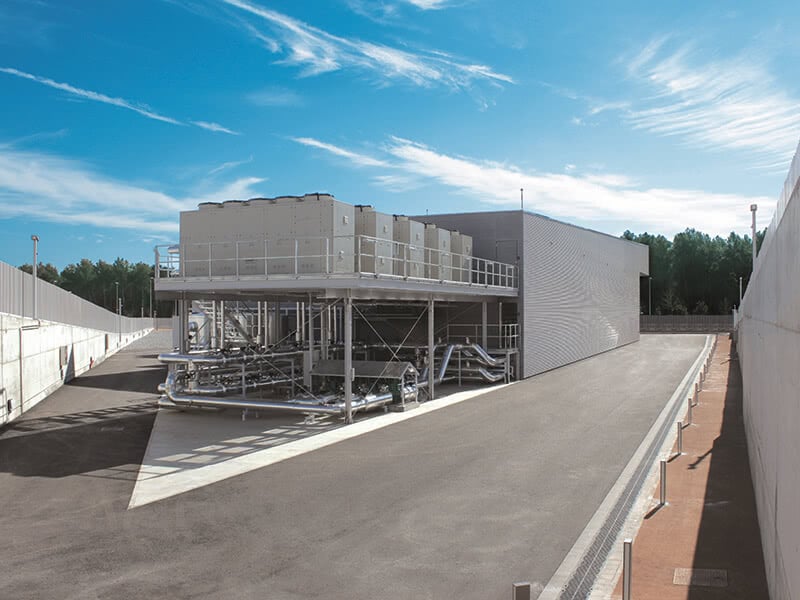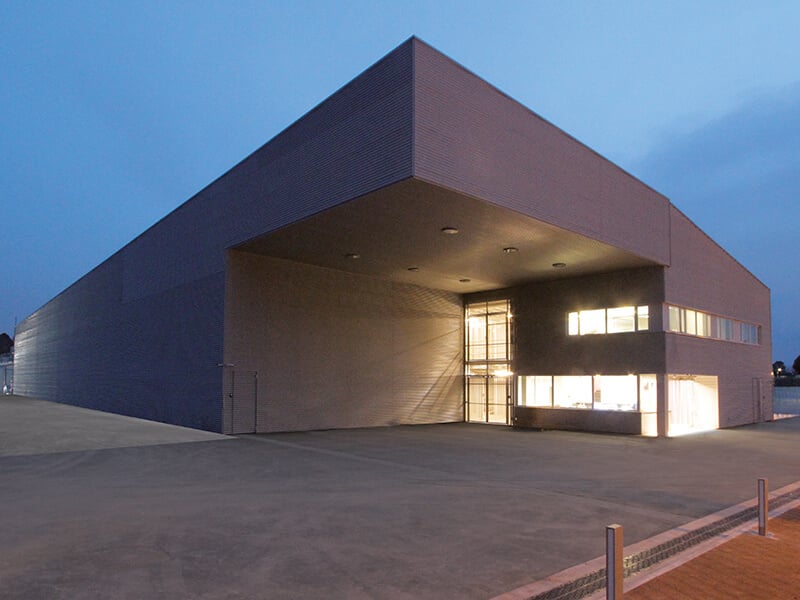Hybrid solutions are fast becoming attractive for those in the telecom sector, because of the potential for significant savings.
In evaluating hybrid solutions for your telecom site, there is no one-size-fits-all approach. There are several considerations to be made including differences in climate, deployment objectives, site condition and usage expectations. So what works well in one application may not work in another.
Consider the following factors before deploying hybrid solutions:
Load
Knowing what type of power load you are using will affect overall efficiency. While some still use AC Power, this may be inefficient. DC power is still the ideal load as it is more efficient and cost effective.
Grid Hours of Operation
Stability and availability of the grid are both important. Knowing grid schedules (ie. scheduled downtimes) and availability are important. In cases where the grid is unstable and unpredictable, a generator may be required to provide back up.
Autonomy
Autonomy refers to the number of hours per day that a battery system will power the given load without the need to be recharged. Generally, it also refers to the number of “no sun” days; hence weather patterns and conditions should be considered.
Battery
Battery is commonly used as the storage of energy in most industries and the telecom sector is no exception. There is no doubt that battery technology has been developed and refined over the years for different kinds of application. However, choosing the right cyclic battery is essential in designing a battery system for your hybrid solution.
Cooling or Heating
Another consideration is the outdoor cabinet used to house the batteries and power equipment. Considerations include whether to utilize a cooling system or a heater to moderate temperatures to ensure optimum performance of batteries and power equipment. The power consumption of this equipment will contribute to the amount of load required from a hybrid solution.
Solar
Ample exposure to direct sunlight throughout most of the year makes solar energy a reliable and viable source of energy in most Asian countries. Making use of the photovoltaic modules to transform sun rays into viable energy is commonly deployed in the telecom industry especially for remote locations.
Agencies like NASA’s Surface Meteorology and Solar Energy Group provide solar energy trends to help organizations understand the feasibility of deploying a solar power plant in a particular area.
Generator
Using traditional AC generators to support a DC powered system (or as a standby energy source) is a typical approach used in the telecom industry. Thus, choosing the right generator for CAPEX and OPEX benefits is important. A few factors to look into include fuel consumption (incl. size and storage of fuel tank); maintenance service periods (incl. refueling cost, travelling cost to remote areas, site revisit frequency); and performance tracking and alarms.
Space
A shade-free location is fundamental. Even a small amount of shade covering a solar panel can reduce its performance significantly.
Energy Management
As most hybrid applications are in remote areas, it is recommended to incorporate remote monitoring solution to improve operational management and at the same time to have more comprehensive monitoring and reporting.
Are you in the process or are thinking of deploying hybrid solutions (solar or wind) to your telecom site? Talk to us. You can also learn more about our Hybrid and DC Power solutions here.





